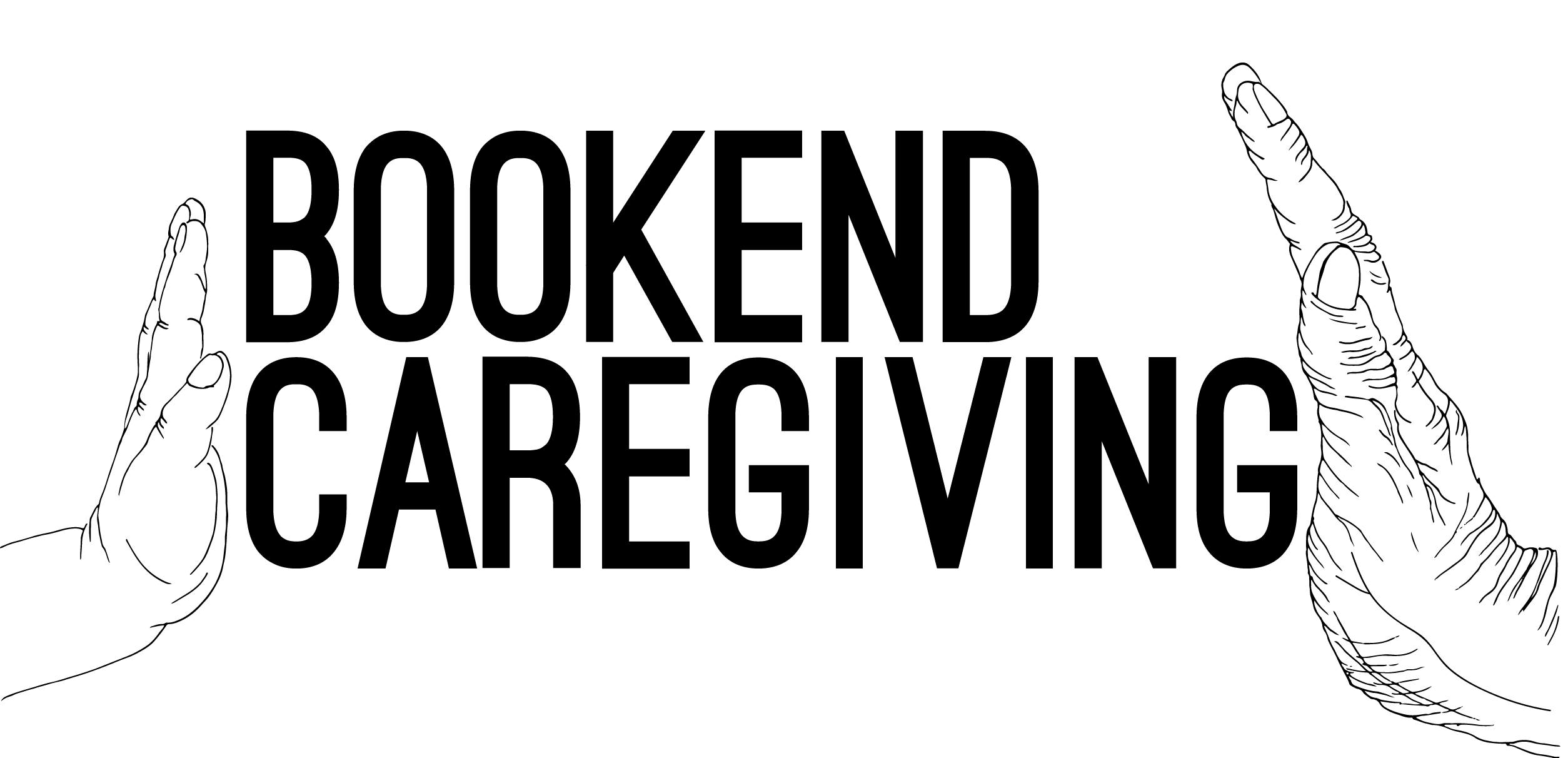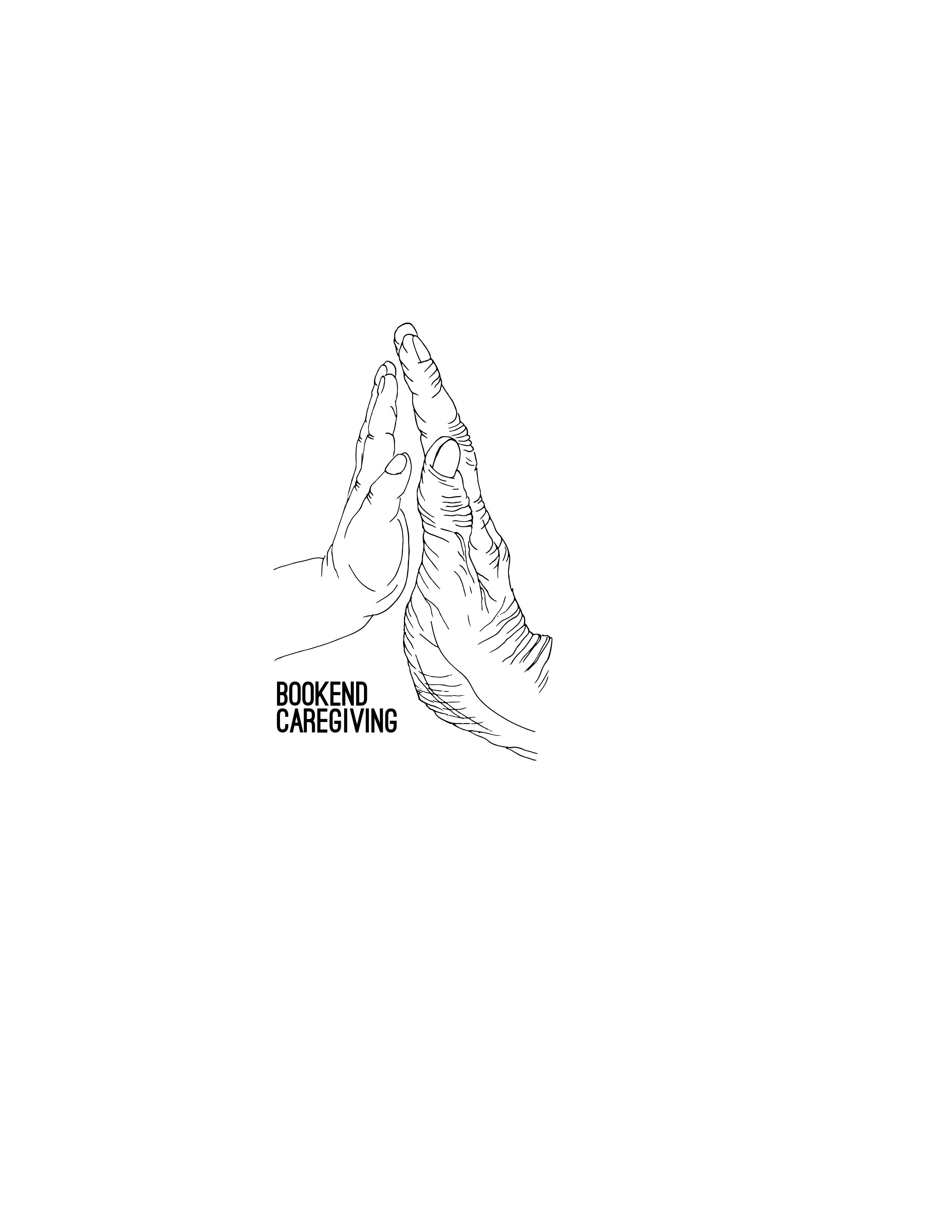What is a youth caregiver?
What is a youth caregiver?
A 2005 national study conducted by the National Alliance of Caregiving estimated between 1.3 to 1.4 million youth fall within the category of “youth caregiver” – people between the age of 8 and 18 who provide care for a family member in or near the young person’s home. Experts believe that today’s numbers could be as much as six times the 2005 estimate. An analysis of 2011 census data in the U.K, found that the number of “young carers” had increased by one-fifth in just ten years. Demographic trends such as the aging baby boomer population, social trends such as family desires to keep parents and grandparents at home, and economic trends related to larger proportions of aging adults entering their senior years in poverty all likely contribute to these changes.
Like adult caregivers, not all youth caregiver experiences are alike. The care recipient might be a grandparent, parent, sibling, or other family member who suffers from chronic illness (including mental illness), disease or disability. Some youth caregivers support activities of daily living such as bathing, dressing or feeding. Others may contribute instrumental activities of daily living, such as cooking, cleaning, shopping, and managing medications. However, unlike adult caregivers, youth caregivers are excluded from benefits provided to older caregivers under the National Family Caregiver Support Program. In contrast to many other countries including the United Kingdom and Australia, youth caregivers in the US are not provided with the kinds of supports that are often afforded vulnerable young people and their families, and the mutual care that is common in these circumstances are widely unacknowledged or misunderstood.
The American Association of Caregiving Youth is one of the few organizations in the US seeking a comprehensive recognition of youth caregivers. The AACY website has a range of resources for youth caregivers and their families. Other illness-specific organizations, such as the ALS Association and the Alzheimer’s Foundation of America, have initiated research into the experiences of youth caregivers and establish support organizations through which youth can become involved in caregiving advocacy.

